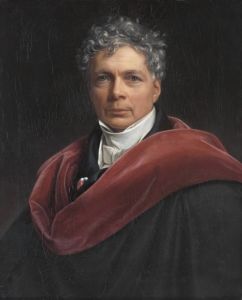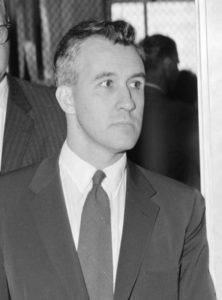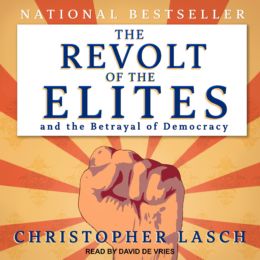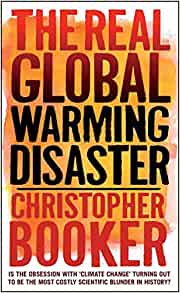The following is a continuation of two previous essays of mine on the intersection of religious skepticism and White Nationalism, “Christian Nationalism Has Made Me Agnostic” and “The Religious Skeptic’s Case for White Solidarity,” but can be read independently.
Exploration is in our nature. We began as wanderers, and we are wanderers still. We have lingered long enough on the shores of the cosmic ocean. We are ready at last to set sail for the stars. — Carl Sagan (more…)












